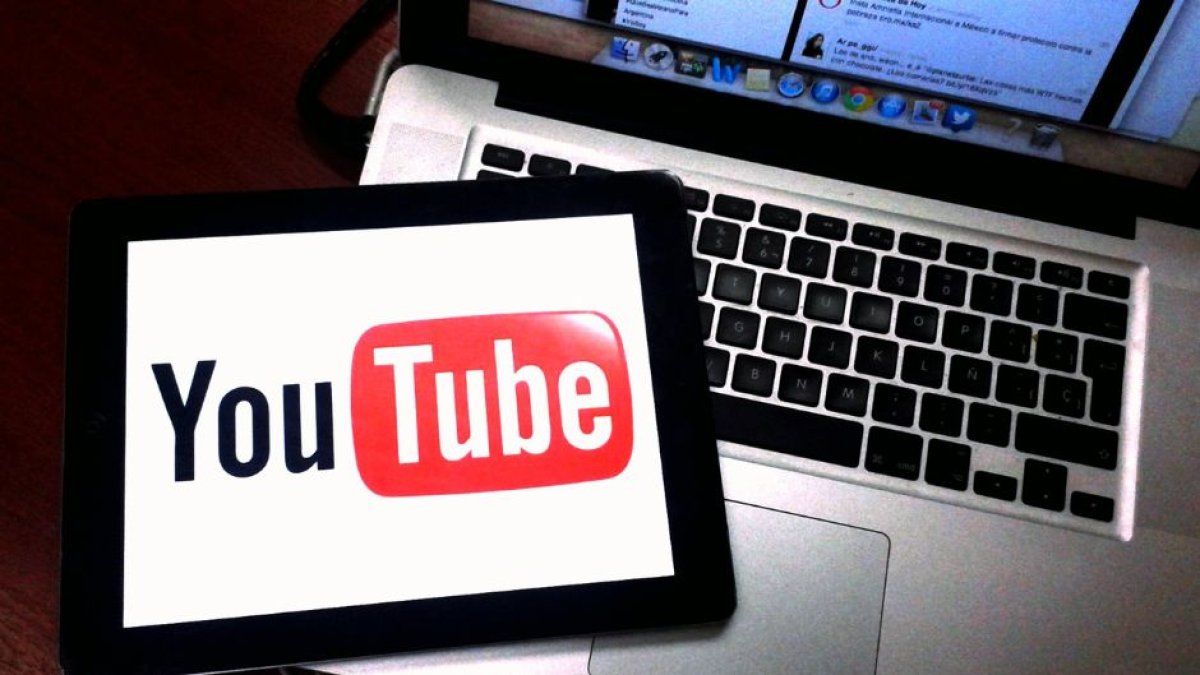YouTube will remove medical content that contradicts the WHO
The social network is modifying its information policies on Covid-19 to combat what it calls "medical misinformation" on other diseases such as cancer.

(Esther Vargas / Flickr)
YouTube announced that it will modify its policies to combat what it calls "medical misinformation." According to the head of YouTube Health, Dr. Garth Graham, from now on, any information that contradicts the health recommendations of "local health authorities or the World Health Organization (WHO)" will be banned.
Dr. Graham explained that medical misinformation will fall into three categories: prevention, treatment and denial. In this way, YouTube will remove, according to the criterion of prevention, any information that "that contradicts health authority guidance on the prevention and transmission of specific health conditions, and on the safety and efficacy of approved vaccines."
For the treatment category, the social network will get rid of all types of content that reject the "treatments for specific health conditions, including promoting specific harmful substances or practices." For the denial category, YouTube will remove "content that disputes the existence of specific health conditions" including "content that denies people have died from COVID-19."
YouTube is against cancer misinformation
After removing content that contradicted what was ruled by the WHO regarding Covid-19, abortion and even eating disorders, YouTube is now focusing its efforts on cancer treatment misinformation.
According to the social network, both families and patients suffering from this disease tend to search online for information about cancer and their search often refers them to YouTube. Therefore, the Google-owned platform made the following decision:












